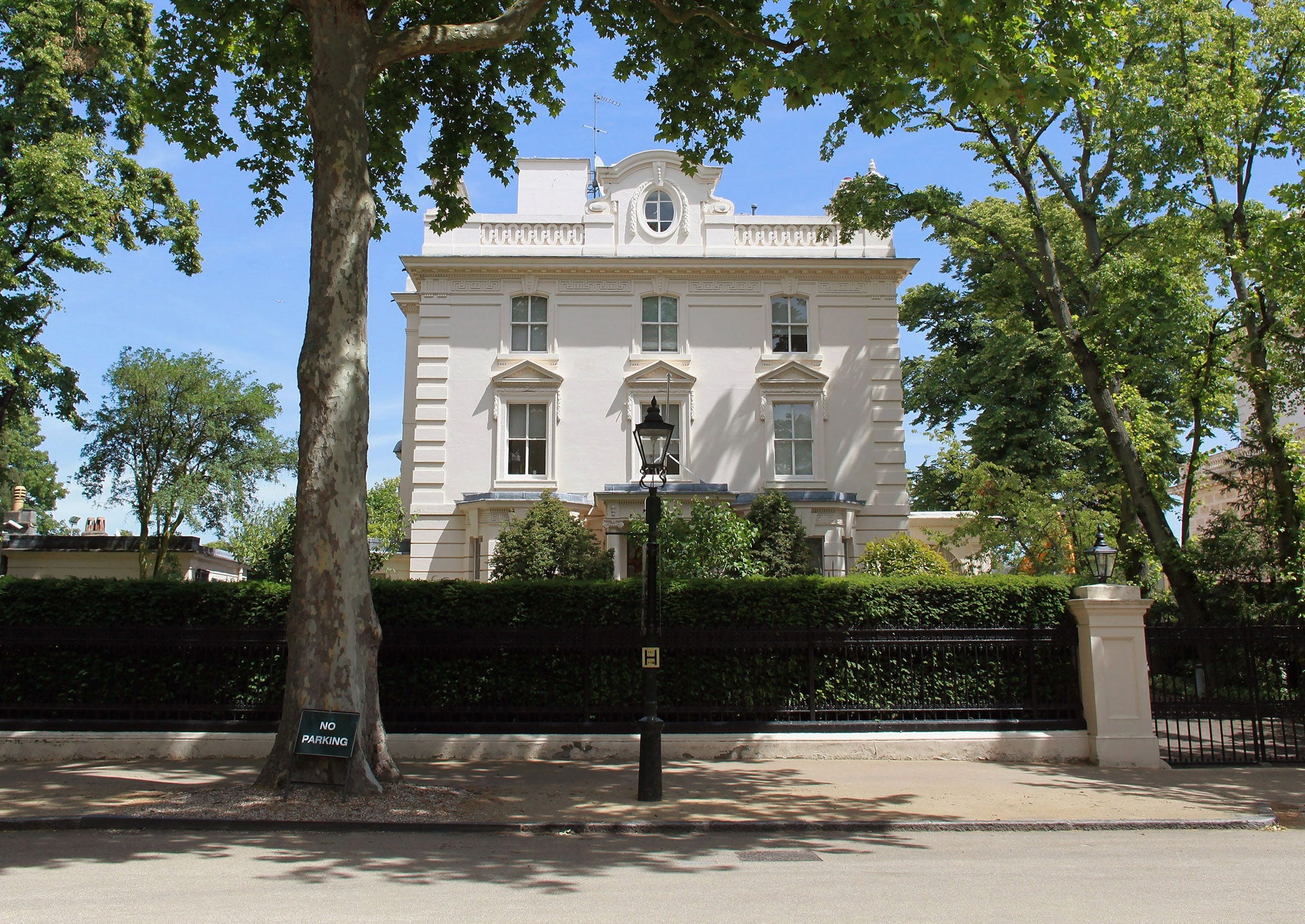Your support helps us to tell the story
From reproductive rights to climate change to Big Tech, The Independent is on the ground when the story is developing. Whether it's investigating the financials of Elon Musk's pro-Trump PAC or producing our latest documentary, 'The A Word', which shines a light on the American women fighting for reproductive rights, we know how important it is to parse out the facts from the messaging.
At such a critical moment in US history, we need reporters on the ground. Your donation allows us to keep sending journalists to speak to both sides of the story.
The Independent is trusted by Americans across the entire political spectrum. And unlike many other quality news outlets, we choose not to lock Americans out of our reporting and analysis with paywalls. We believe quality journalism should be available to everyone, paid for by those who can afford it.
Your support makes all the difference.The respected Institute for Fiscal Studies has criticised Government plans to stop collecting and publishing data about the wealth held by the richest 1 per cent.
HMRC is consulting on whether to stop collecting information derived from inheritance tax receipts showing how the wealthy pass on assets from one generation to the next.
A special issue of the IFS’s house journal Fiscal Studies said the Government was effectively drawing a curtain over the only “window into the wealth of the very richest”.
“Wealth is a key determinant of wellbeing. It matters to households whether they have enough savings to see themselves through retirement and it matters for how they would respond to economic shocks and to fiscal and monetary policy. So understanding the distribution of wealth matters,” the report says.
“So it is concerning that HMRC have consulted on discontinuing their publication of statistics on top shares of wealth, which are derived from data on bequests. These statistics have for decades given us the only, albeit imperfect, window into the wealth of the very richest,” they said.
The wealth of the very richest has come under a renewed spotlight in recent months after the Panama Papers leaks, which exposed the extent to which assets are hidden in offshore trusts.

A spokesman for HMRC said: “We will continue to publish statistics on wealth, but we have asked for views on whether HMRC should continue to produce wealth statistics in the way we currently do as the data we use is derived from inheritance tax information.
“Since 2006 the ONS have issued regular wealth surveys, but based on household assets. We want to streamline this.”
The Government was similarly criticised in the aftermath to last month’s Budget for scrapping a key part of the distributional analysis that shows how tax and spending changes affected the very richest and poorest.
The Chancellor was accused of having “moved the goalposts” on equality by Andrew Tyrie, the respected Conservative MP who chairs the Treasury Select Committee.
George Osborne said the analysis provided “too narrow a perspective” on the effects of cuts and spending.
The Chancellor also declined to release more details about how the new model actually worked – telling Mr Tyrie that he would likely be “disappointed” if he pressed the Treasury for more information.
Mr Osborne himself released some details of his tax arrangements after coming under pressure due to the Panama Papers scandal. David Cameron, John McDonnell and Jeremy Corbyn, have also released details of their tax returns.

Join our commenting forum
Join thought-provoking conversations, follow other Independent readers and see their replies
Comments